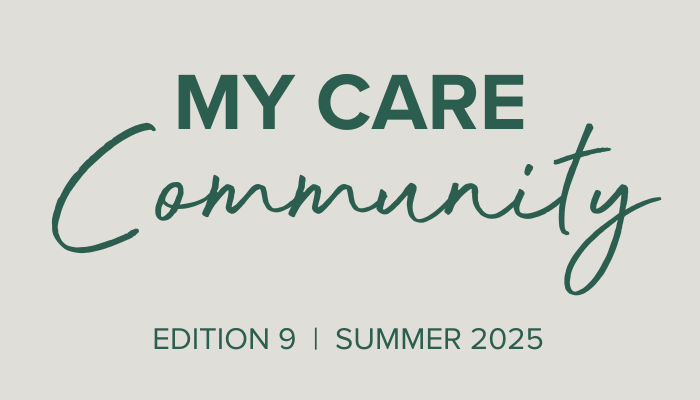Dementia, what is it?
Dementia is a collection of symptoms caused by disorders affecting the brain, dementia is actually not one specific disease.
Affecting your thinking, memory, and behaviour, no two people experience dementia in the same way.
Although it is a scary thing to be diagnosed, it is essential to seek medical diagnosis when symptoms first begin to appear, and is important to note that people often lead active and fulfilling lives for many ears after their diagnosis.
The statistics of those living with dementia is alarming, with 1 in 10 people over the age of 65 affected, and 3 in 10 of those over 85 years. These shocking yet very real statistics should be more widely talked about to ensure we assist ourselves ourselves in reducing our own risk of becoming another statistic contributing to dementia being the second leading cause of death in Australia.
What are the signs and symptoms of dementia?
When reading through the list of signs and symptoms, please remember that these signs can often appear in subtle ways.
- Memory loss
- Changes in planning and problem-solving abilities
- Difficulty completing everyday tasks
- Conclusion about time or place
- Trouble understanding what we see (objects, people) and distances, depth, and space in our surroundings
- Difficulty with speech, writing, or comprehension
- Misplacing things and losing the ability to retrace steps
- Decreased or poor judgement
- Withdrawal from work or social activities
- Changes in mood and personality
Reducing your risk of dementia, the three things to consider:
-
Look after your heart
Your risk of developing dementia may increase as a result of heart conditions that affect the heart or blood vessels, particularly when these conditions occur at mid-life.
Some of the conditions that may heighten your risk of dementia are high blood pressure, high cholesterol, Type 2 diabetes, and obesity.
Luckily, there are ways which we can help look after our heart.
- Visit your GP for regular check-ups for blood pressure, blood glucose levels and cholesterol
- Eat a healthy diet
- Stop smoking
-
Look after your body
By keeping your body moving through physical activity you’re able to increase blood flow to the brain which assists in simulating the growth of brain cells and the connections between them, this in turn is associated with larger brain volume.
A lack of regular physical activity is often associated with:
- Lower brain function
- Risk of cognitive decline
- High blood pressure
- Obesity
- High cholesterol
- Type 2 diabetes
- And of course, dementia
The best ways you can look after you body are:
- Adopt healthy sleeping practices
- Look after your hearing and get your hearing checked in your mid-life
- Make sure to keep your head protected
- Ensure you continue to exercise regularly – see here for guidelines
- Eat according to the Australian dietary guidelines – see here
-
Look after your mind
It is important to be doing mental exercises to help build new brain cells and strengthen the connections between them. This will in turn help to give the brain more ‘reserve’ or ‘back up’ so that it can cope better and keep working properly if any brain cells are damaged or die.
Depression is often associated with an increased risk of dementia. It is vital to seek medical advice should you recognize the symptoms of depression as this affects not only your mind but your body also.
Some ways you can look after your mind include:
- Stay social! Go out and enjoy the company of others
- Play games like puzzles and card games
- Try learning a new language
- Take up a new sport
- Learn a new hobby like painting, sewing, woodwork, cooking
- Vary your daily activities, mix up your routine to keep things exciting
To learn more or to seek help, check out these resources:
- Call the National Dementia Helpline on 1800 100 500
- For information, advice, common sense approaches and practical strategies on the topics most commonly raised about dementia, read these help sheets.
Information from Dementia Australia website.




